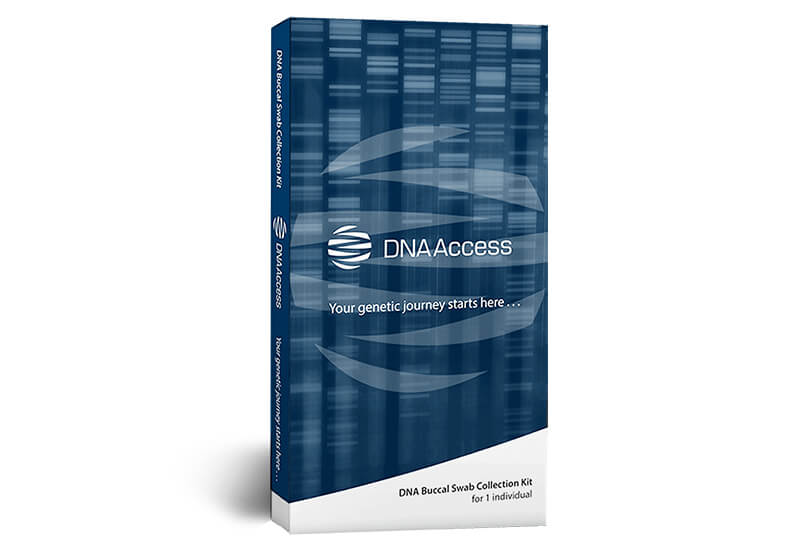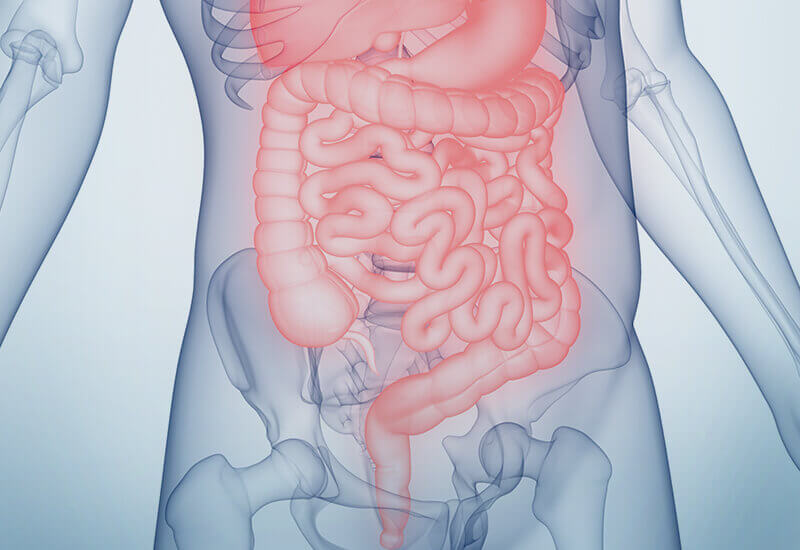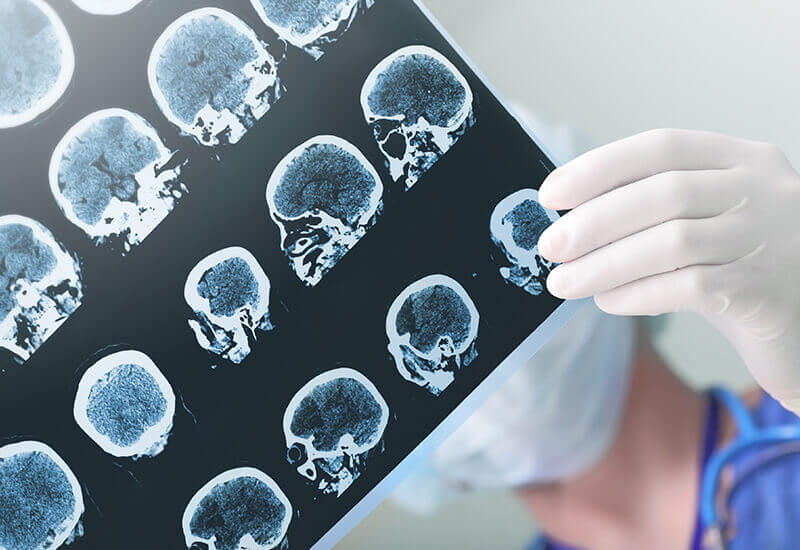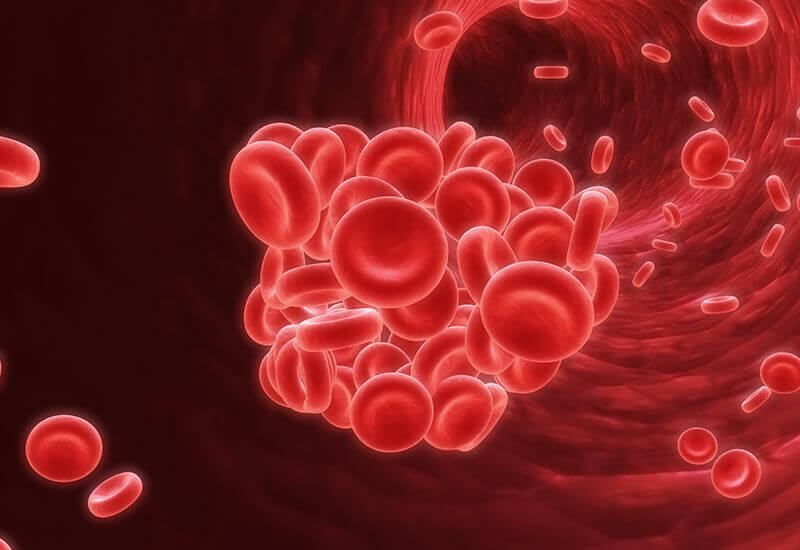Ashkenazi Jewish Mutation Panel DNA Test
$549.00
The Jewish disease panel determines an individual’s disease and carrier status for ten inherited diseases – Bloom syndrome, Canavan disease, Familial dysautonomia, Fanconi anemia, Gaucher disease, Glycogen storage disease, Maple syrup urine disease, Mucolipidosis, Niemann-Pick disease and Tay-Sachs disease.
Description
What are Jewish Diseases?
The term ‘Jewish diseases’ describes genetic disorders that occur more often in individuals of Jewish descent, compared to the general population. This panel of tests focuses on the genetic diseases that are most common in people of Ashkenazi Jewish descent and people who are of Central and Eastern European origin. These diseases can also affect people of other ethnic backgrounds, but at a lower frequency. For example, Tay Sachs disease affects 1 in every 3000 infants who are of Ashkenazi Jewish descent, but only 1 in every 320,000 infants in the general population. Some of the diseases tested in this panel, such as Tay-Sachs disease and Niemann-Pick disease are fatal, whereas treatment options are available for management of Gaucher disease and the maple syrup urine disease.
TURNAROUND TIME
SAMPLE TYPE
AGE REQUIREMENT
GENDER
Test Details
The ten Jewish diseases tested are shown in the table below.
| Disease | Description |
| Bloom Syndrome | A disorder characterized by short stature, sun sensitivity, increased cancer risk and genomic instability. It is caused by defective RECQL3, an enzyme involved in repairing DNA damage. |
| Canavan Disease | A progressive, fatal neurological disorder caused by defective aspartoacylase, an enzyme that breaks down the N-acetyl-L-aspartic acid (NAA) compound. NAA accumulates in the brain of affected people and interferes with the development of the nervous system by progressively breaking down the myelin sheaths, (the white insulating sheath surrounding neurons). |
| Familial Dysautonomia | A disorder of the autonomic nervous system, which controls involuntary actions such as digestion, breathing, production of tears, and the regulation of blood pressure and body temperature. This disorder is caused reduced levels of IKK complex-associated protein (IKAP). |
| Fanconi Anemia Group C | A rare, inherited genome instability disorder that leads to increased cancer risk and bone marrow failure. Mutations in at least 15 genes cause Fanconi anemia and protein products of these genes are involved in a process called the Fanconi anemia pathway, which is important for DNA repair. Fanconi anemia group C is the most common form found in people of Ashkenazi Jewish descent and is caused by mutations in FANCC. |
| Gaucher Disease | A lipid storage disease caused by the accumulation of a fatty substance (sphingolipids) in organs and tissues. This accumulation is due to a defective enzyme, beta-glucocerebrosidase, that is responsible for breaking down glucocerebroside into a sugar (glucose) and a simpler fat molecule (ceramide). |
| Glycogen Storage Disease Type IA | A disease caused by the toxic accumulation of a complex sugar called glycogen in cells. Glycogen accumulates due to defective glucose-6-phosphatase not metabolizing glucose-6-phosphate properly. |
| Maple Syrup Urine Disease | A metabolic disease caused by the inability to properly process three amino acids, leucine, isoleucine and valine, that are present in protein-rich foods like meat, eggs and milk. Mutations in BCKDHA, (encodes the alpha subunit of the BCKAD enzyme complex) and BCKDHB, (encodes the beta subunit of the BCKAD enzyme complex) inhibit this enzyme from breaking down the three amino acids and the accumulation of these compounds is toxic to cells and tissues. |
| Mucolipidosis Type IV | A lysosomal storage disorder characterized by delayed development and vision problems. It is caused by defective mucolipin-1, which is thought to play a role in the transport of fats and proteins within cells, and appears to be essential for the development and the maintenance of the brain and retina. |
| Niemann-Pick Disease | A lysosomal storage disease caused by defective acid sphingomyelinase. This enzyme is responsible for converting sphingomyelin lipids into ceramide lipids. Mutations that cause type A often results in the complete loss of acid spingomyelinase activity, whereas mutations causing type B allow reduced enzyme activity. |
| Tay-Sachs Disease | A neurodegenerative diseases caused by defective beta-hexosaminidase A. The defective enzyme is unable to break down GM2 ganglioside and it accumulates to toxic levels, destroying the neurons in the brain and spinal cord and causing the progressive neurodegeneration that is characteristic of Tay-Sachs. |
How are Jewish Diseases Inherited?
All of the Jewish diseases tested in this panel are autosomal recessive. Autosomal chromosomes (and the genes located on each chromosome) are inherited in pairs – one from each parent. Autosomal recessive means that two defective copies are required before disease symptoms manifest. It is estimated that 1 in 4 Ashkenazi Jews are carriers of a genetic change that can cause a Jewish disease. A carrier is an individual who has one defective copy of the disease gene and one normal copy of the gene. Carriers do not experience any symptoms of the disease, thus may not know that they are a carrier. When two carriers choose to have a child, there is a 25% chance their child will have the genetic disease. There is a 50% chance that their child will also be a carrier of the same genetic disease. Carrier screening and genetic counseling is recommended for couples who are of Ashkenazi Jewish descent, due to the high carrier frequency in this population.
DNA Testing for Jewish Diseases
A simple DNA test can be completed to determine whether a person has inherited any defective copies of the eleven genes (BLM, ASPA, IKBKAP, FANCC, GBA, G6PC, BCKDHA, BCKDHB, MCOLN1, SMPD1 and HEXA) that have been linked to the ten Jewish genetic diseases of this panel.
Recommended Links:
-
Aharon-Peretz J, Rosenbaum H, Gershoni-Baruch R (2004). Mutations in the Glucocerebrosidase Gene and Parkinson’s Disease in Ashkenazi Jews. N Engl J Med. 351(19): 1972-1977.
-
Bargal R et al. (2000). Identification of the gene causing mucolipidosis type IV. Nature Genetics. 26: 120-123.
-
Edelmann L et al. (2002). Carrier Screening for Mucolipidosis Type IV in the American Ashkenazi Jewish Population. Am J Hum Genet. 70(4): 1023-1027.
-
Kaback MM (2000). Population-based genetic screening for reproductive counseling: the Tay-Sachs disease model. European Journal of Pediatrics. 159(3): S192-S195.
-
Levran O et al. (1991). Niemann-Pick type B disease. Identification of a single codon deletion in the acid sphingomyelinase gene and genotype/phenotype correlations in type A and B patients. J Clin Invest. 88(3): 806–810.
-
Monaghan KG, Feldman G, Palomaki GE et al. (2008). Technical standards and guidelines for reproductive screening in the Ashkenazi Jewish population. Genetics In Medicine. 10(1): 57-72.
-
Sakallah SA et al. (1994). A new diagnostic test for Gaucher disease suitable for population screening. PCR Methods Appl. 4(1): 1-5.
-
Strom CM, Crossley B, Redman JB et al. (2004). Molecular screening for diseases frequent in Ashkenazi Jews: Lessons learned from more than 100,000 tests performed in a commercial laboratory. Genetics In Medicine. 6(3): 145-152.
-
Jewish Genetic Disease Consortium (JGDC).





